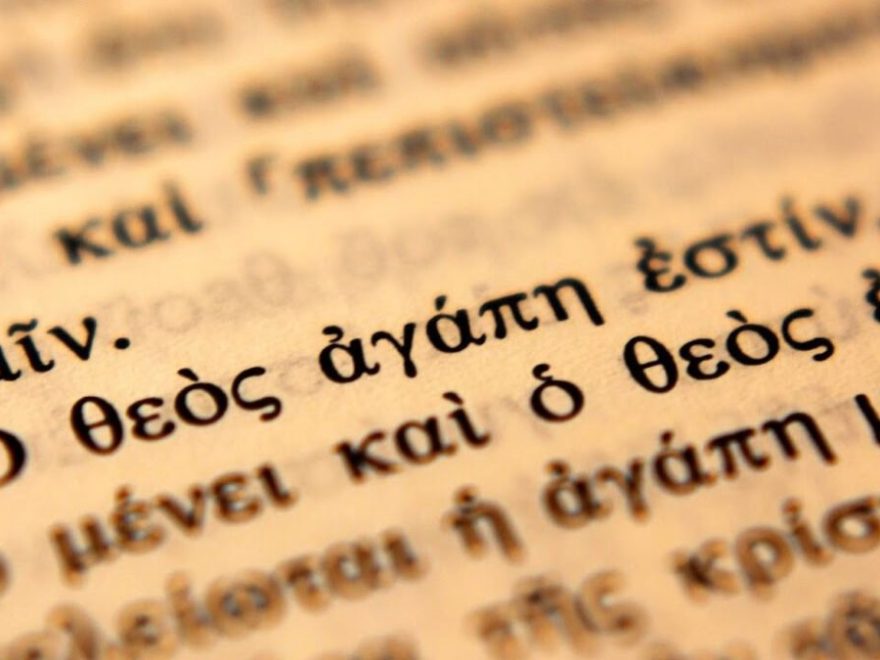Tag: discussion
-

Expanding Narration’s History in the late Middle Ages: Bernard of Chartres from John of Salisbury’s Metalogicon
This is the third blog article expanding the short history of narration I laid out a year ago. In the last two I expanded my treatment of John Amos Comenius to engage in detail with the passages from The Great Didactic and the Analytical Didactic that recommend activities that Charlotte Mason would have called narration.…
-

What has Ambleside to do with Jerusalem?: A Consideration of Charlotte Mason’s Philosophy of Education as a Model for Teaching Biblical Studies
In this week’s blog post I am going back into the vault to share with you a paper I presented at the Society of Biblical Literature Annual Meeting in Atlanta on November 20, 2010. This was a pivotal moment in my career, having earned my PhD and taught for a few years at colleges and…
-

The Flow of Thought, Part 5: The Play of Words
“Words, words, words.” Such was the enigmatic reply of Hamlet to Polonius’ question, “What do you read, my lord?” And as always, Hamlet’s feigned madness displays the ironical insight of a verbal sense of humor. After all, what is anyone reading these days, but merely words, words, and more words? Of course, Polonius interprets this…

